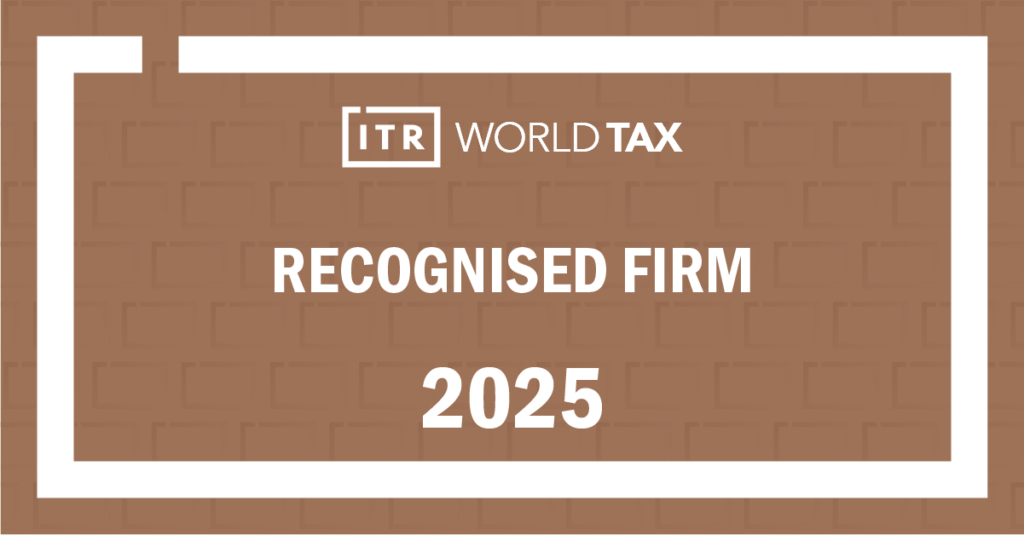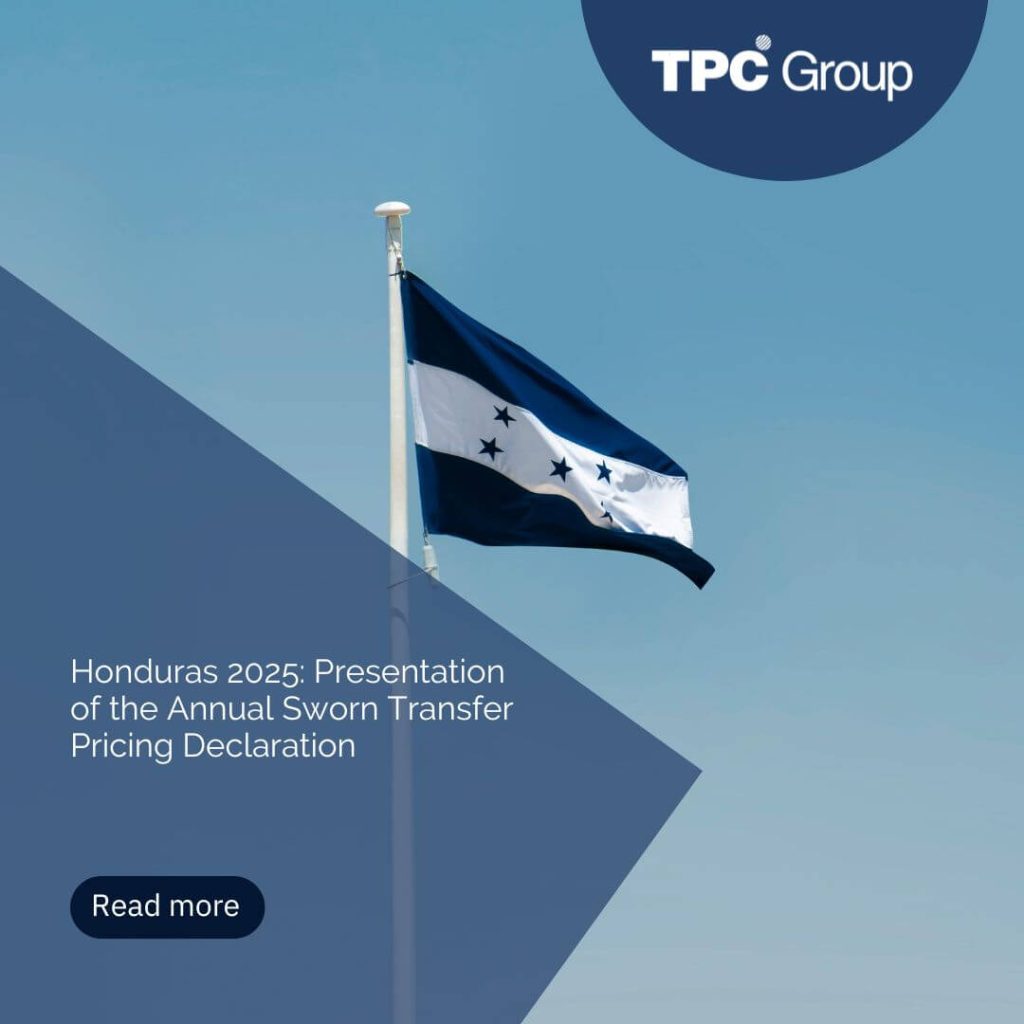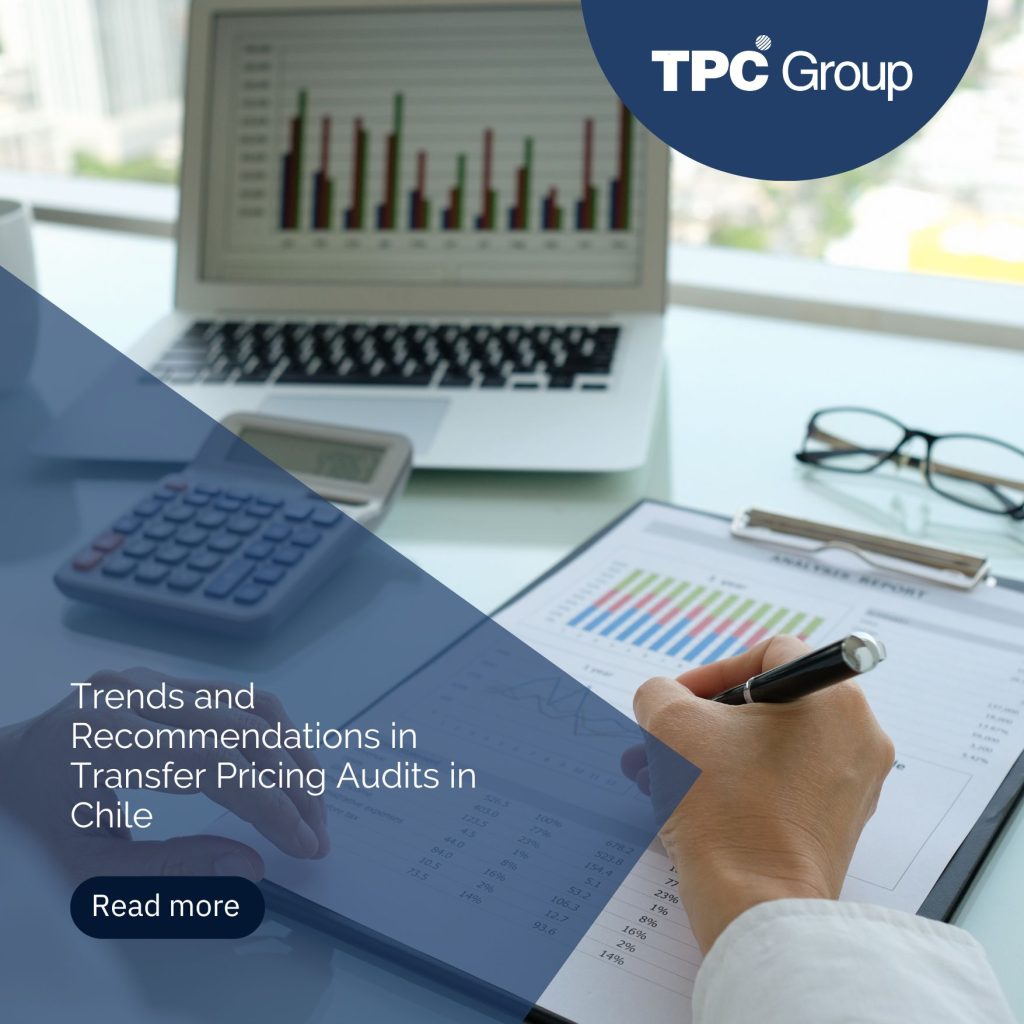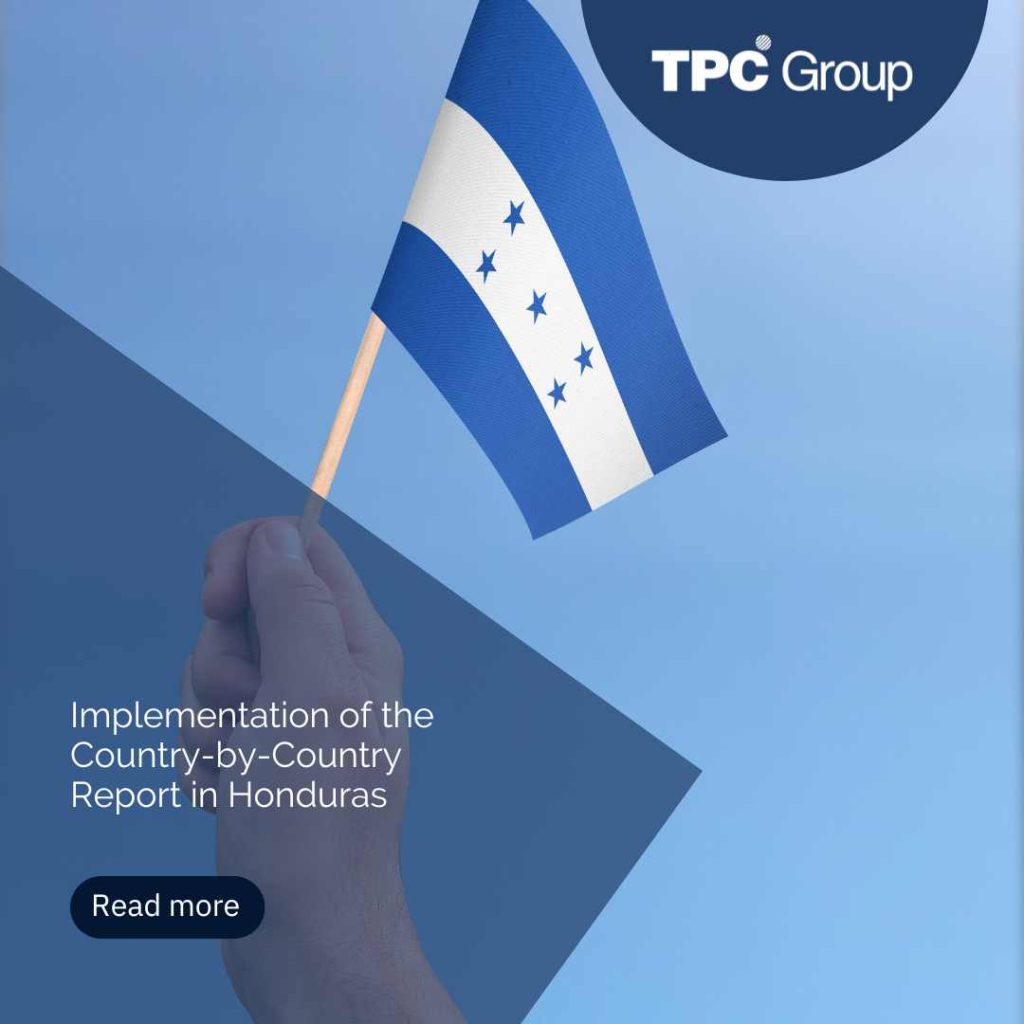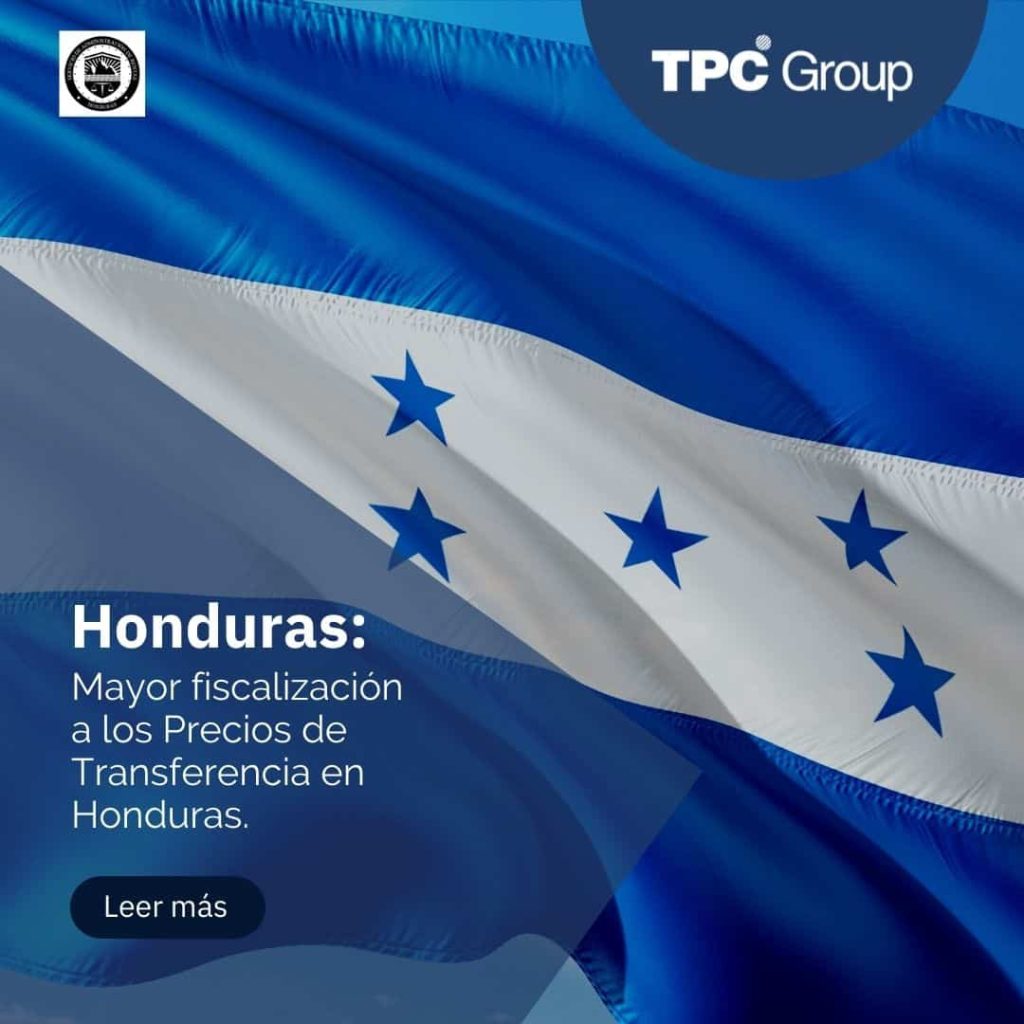Concept and Regulation in Honduras
The Transfer Pricing regime in Honduras was introduced in 2011 through the Transfer Pricing Regulation Law enactment by Decree N°232-2011. Conversely, it became effective as of January 2014.
In September 2015, Agreement N°027-2015 was published, regulating the Transfer Pricing Law, such as provisions regarding the filing deadline, methodology, etc. On the other hand, taxpayers subject to the rule must declare as of that year.
In addition, at the end of 2016, the New Honduran Tax Code was enacted, which amended Article 113 related to Transfer Pricing. Hence, individuals or legal entities with related parties within the national territory are exempt from filing the Transfer Pricing Study.
Arm’s Lenght Principle in Honduras
The Arm’s Length Principle, which regulates Transfer Pricing, states that prices agreed upon for related party transactions must be at market value, i.e., based on prices agreed upon by independent third parties.
This principle is also regulated in the Honduran Transfer Pricing legislation in Article 3, paragraph 5 of the Transfer Pricing Law.
Thus, commercial-related party transactions are agreed as those of independent parties.
Application Scope of Transfer Pricing in Honduras
According to Article 2 of the Law and the Regulations of said Law, the Transfer Pricing rules apply to transactions performed between an individual or legal entity resident in Honduras with related parties and/or those covered by Special Regimes with tax benefits.
Taxpayer Classification Update
According to Agreement No. SAR-125-2022, published on May 10, 2022, the classification of tax obligors into Large and Medium enterprises was updated.
Therefore, the SAR (Servicio de Administración de Rentas – Revenue Administration Service) has determined a list of criteria considered for the new classification of tax obligors, such as:
- Internal Tax Collection.
- Taxable Gross Income.
- Sales Tax Fiscal Debit.
- Importation of Goods.
- Total Assets.
- Withholding Agents.
- Strategic Variables.
Tax obligors not detailed in the agreement will initially be categorized as Small. It should be noted that the provisions will come into effect as of January 1, 2023.
In this regard, taxpayers reclassified as Large or Medium enterprises must consider the new tax obligations, such as the obligation to file the Annual Informative Affidavit on Transfer Pricing.
Definition of Related Parties in Honduras
The following are considered linked or related parties, in accordance with Article 11 of the Regulations of the Law:
- The natural person or legal entity who participates in the other company, directly or indirectly, in the management, control or capital. Enterprises are included in this participation exerting through a linkage or kinship relationship of the natural person.
- Enterprises that have the same persons in common who participate according to the quoted above in both companies.
- A natural or juridical person resident in Honduras, regarding to the permanent establishment abroad.
- The permanent establishment in Honduras, regarding to the parent company abroad.
- The person resident in the country in relation to the agent, distributor who have exclusivity.
- When contractual clauses are agreed upon that are preferential with respect to those granted to third parties in similar circumstances.
- When there is financial dependence derived from a joint action agreement.
- Transactions are performed with parties incorporated in a country or territory of low or no taxation called tax haven.
Likewise, Article 12 of the Regulations establishes that participation in the management, control or capital is taken to mean as participation in the management, control or capital when any of the following situations occur:
- More than 50% of the capital is owned, directly or indirectly.
- It can influence the company’s business decisions.
Transfer Pricing Methodology in Honduras
Article 8 of the Law and Article 23 of the Regulations established five methods to determine whether the value of related party transactions complies with the Arm’s Length principle, detailed below:
- Comparable Uncontrolled Price Method.
- Cost Plus Method.
- Resale Price Method.
- Profit Spit Method.
- Transactional Net Margin Method.
The regulation states applicable alternative methods, which allows the taxpayer to employ a different method than the quoted above as long as supported that these cannot be reasonably applied and the alternative method is at the Arm’s Length Principle.
Likewise, the choice of method must be the most appropriate to the specific circumstances of the transaction.
Comparability Analysis in Honduras
In order to analyze whether a transaction is comparable, Article 19 of the Regulations sets forth certain comparability factors, such as:
- The characteristics of the goods or services transactions.
- The functions, assets, and risks assumed by each party in the transaction.
- The contractual terms that rule the transaction.
- Economic circumstances.
- Business and commercial strategies.
Transfer Pricing Statement Honduras
According to Article 17 of the Transfer Pricing Regulation Law, taxpayers within the Application Scope of Transfer Pricing must file their Tax Return and the Transfer Pricing Affidavit to the Executive Revenue Directorate.
Likewise, Article 30 of the Regulations of the Law states the persons required to file such statement:
- Individuals or legal entities performing related party transactions, if they are medium or large taxpayers. Conversely, only those exceeding US$250,000 for intercompany transactions will file.
- Individuals or legal entities performing related party transactions in special regimes enjoying tax benefits.
- Individuals or legal entities performing commercial transactions with related parties or companies residing in tax havens.
- Individuals or legal entities performing related party transactions whose accumulated amount exceeds the amount indicated by the Tax Administration. According to the reporting instruction sheet, it would be one million U.S. dollars in the fiscal year for small taxpayers.
Regarding the filing deadline, Article 31 of the Regulation states that this regulation will depend on the closing date of the tax period for each taxpayer. Thus, those whose closing date is December 31 will have to file from January 1 to April 30 of the following year.
In the case of taxpayers with special tax periods, it must be filed no later than three months after the closing date of the tax period.
Transfer Pricing Documentation in Honduras
Taxpayers must have the documentation supporting the analysis of the related party transactions before a possible requirement from the Tax Administration.
Transfer Pricing Non-Compliance Penalties in Honduras
Article 35 of the Regulation stipulates specific infractions related to non-compliance with Transfer Pricing rules, such as:
- Failure to file or provide false information in the statements or documentation required by the Tax Administration will result in a fine of US$10,000 payable in Lempiras.
- Declaring a lower taxable base due to a valuation not according to the Arm’s Length principle, whose penalty will correspond to a fine of 15% of the value of the adjustment, in case it has been committed jointly with the previous infraction, the fine will amount to 30% or US$20,000.
- Any other non-compliance with any other provision of the Transfer Pricing Regulation Law will be sanctioned with a fine of US$5,000 payable in Lempiras.
Country by Country Report Obligation
As of agreement SAR-653-2023, published on March 19, 2024, the obligation of the Country by Country Report is established, according to the following scope:
- Ultimate Parent Entity of a multinational group resident in Honduras.
- Entities of a multinational group resident in Honduras, if complied with:
- The Ultimate Parent Entity is not required to file Country by Country Report in its jurisdiction.
- There is no information exchange agreement with the jurisdiction of the Ultimate Parent Entity.
- A systematic failure to exchange information is reported.
However, a multinational group is exempt from the obligation in Honduras, if it complies:
- The Ultimate Parent Entity, resident abroad, files the report through a Surrogate Parent Entity located in another jurisdiction, meeting certain conditions.
- The jurisdiction of the Ultimate Parent Entity establishes a threshold for the obligation equal to or less than €750 million.
The filing shall be made through an XML file, according to the standard established by the OECD, within 12 months after the closing of the fiscal year.
Notification Obligation in Honduras
No later than December 31 of the reportable fiscal year, the legal representative of a Member Entity residing for tax purposes in Honduras must notify the Tax Administration of the following:
1. If it enjoys the status of being the ultimate parent entity of a multinational group.
2. When the member entity of the multinational group resident in Honduras is neither the ultimate parent entity nor the subrogated parent entity.
This obligation seeks to guarantee fiscal transparency and alignment with international standards, ensuring adequate reporting of operations related to multinational groups. The obligation is effective for fiscal years beginning on or after January 1, 2025.

